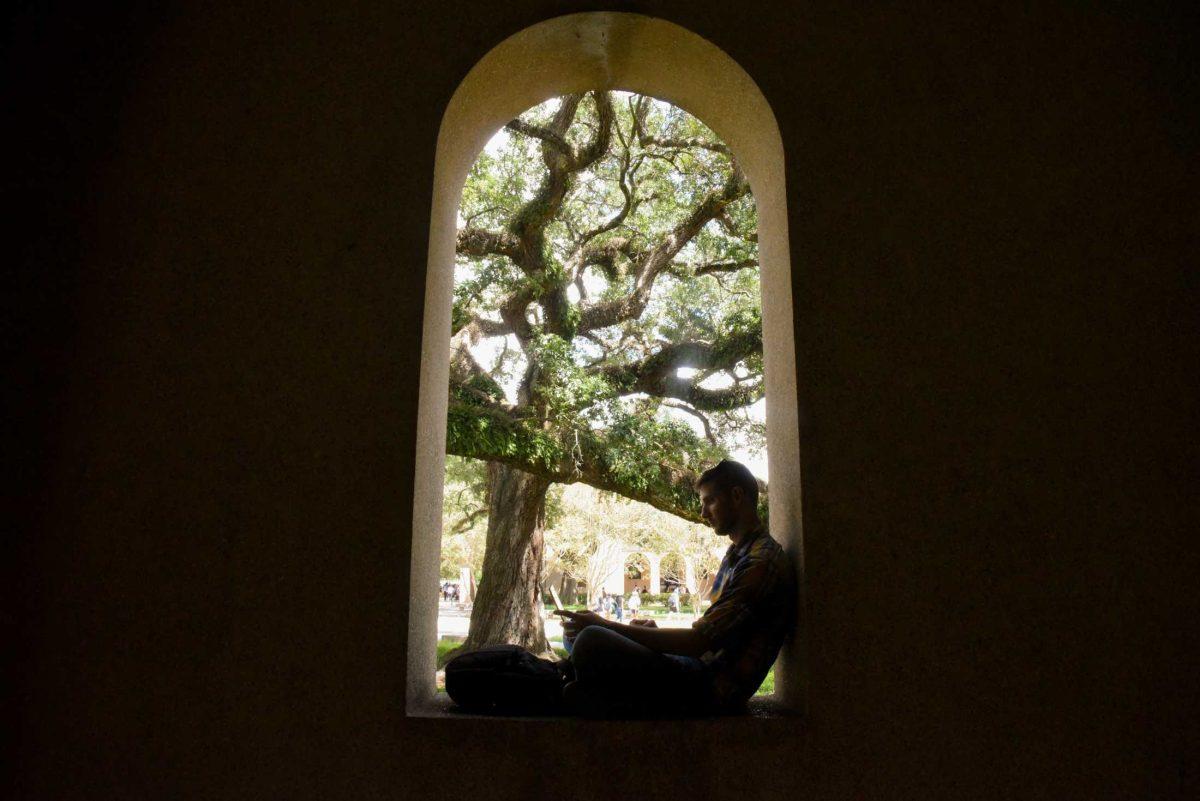As a college student in her early 20s, I’m pressured by my ego to strive for perfection in my academic and personal life.
I focus on making straight A’s to the point where I can’t concentrate on the material being taught in class because my mind is ruminating on deadlines and grading scales.
I hyper-fixate on my food intake, my water consumption and my daily steps, telling myself “calories in, calories out” every meal I eat, every sip of water I drink and every step I take. I once had a family member tell me I would get a foot chopped off because I put honey on my oatmeal, and since then, the image of my foot being chopped off replays in my mind every time I see a bottle of honey.
My goal to myself for this fall semester is to forgive myself more. Forgive myself for not finishing an assignment on time, forgive myself for getting a 70% on a syllabus quiz, forgive myself for staying up too late one night and being tardy for class the next day.
I’m only 22. I’ve yet to meet all the people in my life I will love; all the nature, countries and states I will see; all the meals I will eat; all the songs I will listen to; and all the plants I will grow in gardens.
With this in mind, I’ve started to aim for wholeness and not perfection. A few strategies have helped me in achieving this goal.
To start with, breathing techniques can be helpful in grounding yourself.
The University’s Center for Academic Success’s website has a breathing icon under the explore tips and strategies section. The icon tells the reader when to breathe in, when to hold the breath and when to breathe out. This technique helps me feel relaxed and present in the moment, and many students could benefit from introducing breath work into their coping strategies.
Body language is another key in peaceful living.
Since I was a child, I’ve struggled with idiopathic toe walking, meaning my body has trouble trusting the earth and walking from heel to toe. I’ve attended physical and occupational therapy for this issue, and both have helped. When I work on calming my body down and take the time to consciously walk from heel to toe, I feel less tense. I’m able to slow down and not constantly pressured to rush to the next meeting I have to attend or the next test I have to take. We could all learn the value in doing simple things more deliberately.
Another strategy is to see the concepts of thoughts, feelings and actions as a triangle and to accept that thoughts affect feelings, feelings affect actions and actions affect thoughts. In the center of that triangle is the ultimate goal of wholeness.
It’s September. Almost October. Exams are ramping up. Life is becoming hectic. It’s easy to narrow in on all there is to do and all you could improve.
But for now, meditate with open hands.
Deep breath in. Hold the breath. Deep breath out.
And aim for wholeness, not perfection.
Kathryn Craddock is a 22-year-old mass communication senior from Patterson.








